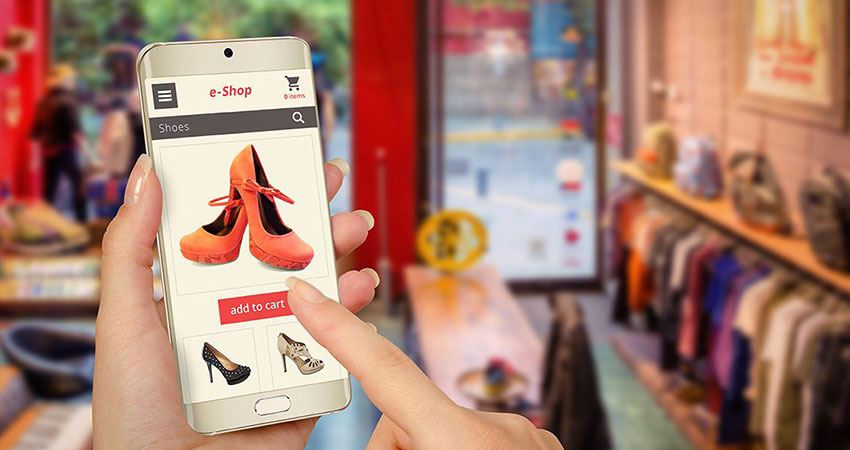Current economic conditions are driving more and more consumers to become omnishoppers.
The customer experience is far from a one-size-fits-all proposition, and this is especially heightened during times of inflation. According to Deloitte, 42% of shoppers are “dedicating a lot of time” to planning grocery shopping trips now, and many are shopping at several stores to find the best deals. Now with ecommerce, shoppers can compare prices across retailers without having to drive to multiple locations – making bargain hunting easier than ever.
Yet, as inflation continues to impact retailers, the basket size and spending total of every shopper is critical to profitability. As a result, retailers must create a seamless cross-channel experience that encourages even the most price-wary shopper to become a high-value customer.
These cross-channel shoppers who frequently use both online and in-store shopping methods are known as “omnishoppers.” They make up 57% of the population, according to Nielsen, as they scour diverse touchpoints for good deals.
Engaging and retaining these omnishoppers is incredibly valuable, but it takes finesse. Before a winning over this group, you must understand who they are and how they shop.
Defining an Omnishopper
These are highly engaged shoppers who might also interact with the brand on social media or mobile channels. As for demographics, Nielsen found that 60% of these consumers earn more than $50,000 a year and the most common age range for omnishoppers is 45-64. What’s more, according to Nielsen, omnishoppers will spend upwards of $600 billion on retail purchases by 2025.
Not only is this group growing in influence, it’s also a powerful demographic for sales volume. In fact, omnishoppers spend 4% more than their single-channel counterparts when visiting an ecommerce site and 10% more on every in-store trip. This valuable group should be a key target for retailers looking to boost profits amid inflation.
Understanding the Omnishopper
Omnishoppers can be described as methodical, engaged and loyal. First, they are not impulse buyers. Before shopping, this group carefully plans a list and conducts research for pricing and product details. Despite this attention to comparisons, omnishoppers who conducted online research either on a retailer’s site or that of a competitor will end up spending 13% more in-store.
Additionally, omnishoppers are loyal to their favorite brands and retailers. Their level of engagement is shown to foster strong relationships, leading to beneficial referrals and positive word-of-mouth advertisements.
Engaging the Omnishopper
For these reasons, it’s important to invest in seamless omnichannel experiences that encourage loyalty from omnishoppers despite inflation. The first step to determine which experiences to upgrade is to analyze customer data. Then, you can tailor the online and in-store touchpoints to correspond with customer preferences.
Once you have a strong understanding of your customers, invest in new engagement strategies across channels. For example, adopt omnichannel loyalty programs with discounts and rewards that are applicable online and/or in-store. This strategy can be used on single-channel shoppers, too. If a shopper is strictly an in-store buyer, you can offer a discount for their favorite items that only applies to online purchases. For bargain hunters, this online-only promotion might be enough to encourage them to engage in a new channel.
Similarly, it’s smart to incorporate subscription models and curbside pickup. In both instances, consumers can create an online basket and pick it up in person to avoid delivery fees. Both options also lead to increased basket sizes and may draw new customers to the store who are seeking flexibility.
The Importance of a Seamless Customer Journey
During times of inflation, it’s imperative that retailers stay connected to their loyal shoppers. As people split their time between online and in-person experiences, retailers with a strong omnichannel presence will see the greatest success. Moving into 2023, it’s critical to understand who your customers are, where they’re shopping and what experiences will excite them.
Shekar Raman is CEO and co-founder of Birdzi

